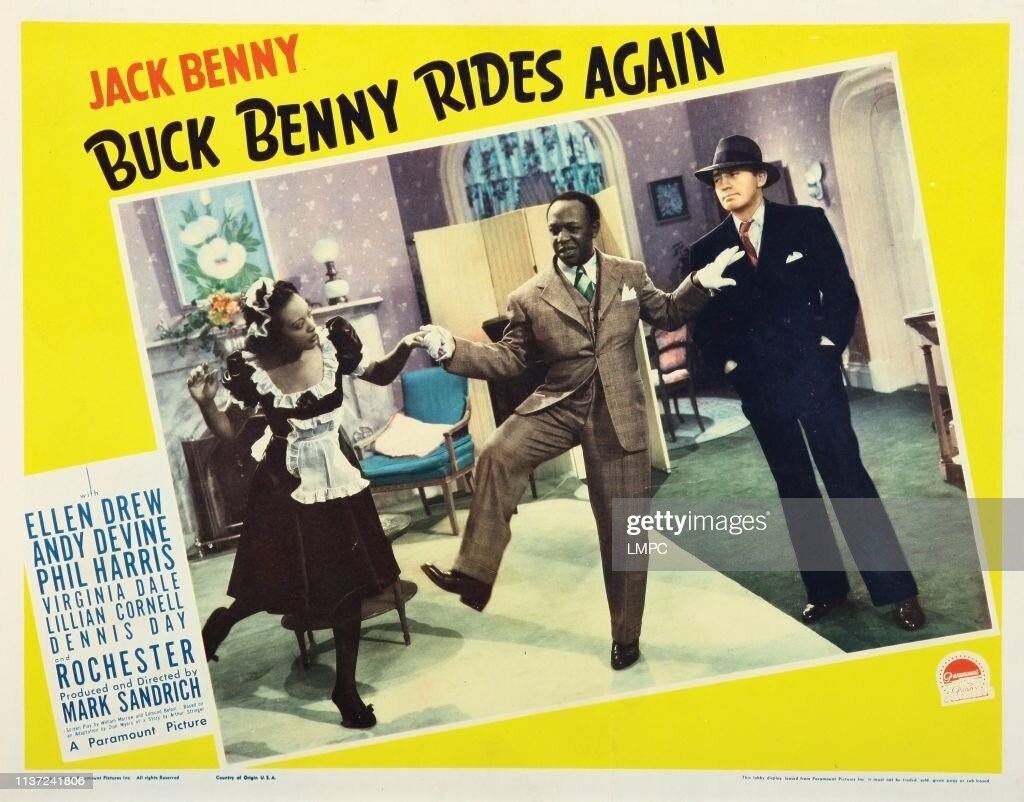Friday’s newsletter is a discussion with Max Fisher, an international reporter and columnist for the New York Times who covers conflict, diplomacy and the massive socio-political changes taking place around the globe.
Max often delves deep into the world of ideas and where they intersect with reality, from the rise of new social movements to today’s topic of conversation: the decline of democracy in the United States and abroad.
Here’s our conversation, lightly edited for length and clarity:
You recently wrote about how democracy is under threat around the world. What worried you the most?
That democracy is shrinking everywhere now. It is not necessary in every country but in every region, in rich and poor countries, old and new democracies. And the decline is incremental but steady, meaning the scale of the change isn’t necessarily clear until you start looking at the data.
We tend to think of democratic decline as something that happens at big, dramatic times – a coup, a government falling apart, tanks in the streets. But that’s not usually the case anymore.
What happens is more similar to what has happened in Venezuela, say, or Turkey or Hungary. Elected leaders rise within a democracy and vow to defeat some threat within, and in the process slowly end that democracy.
Each step feels dangerous but perhaps not entirely authoritarian – the judiciary is slightly politicized, some previously independent institution is co-opted, electoral rules are changed, news outlets come under tighter government control.
No single step feels as drastic as a full coup. And because these leaders promote and capitalize on social polarization, supporters may see these little things of power as the saving grace of democracy.
But over many years, the system tilts more and more towards autocracy.
This does not always lead to absolute dictatorship. But that pull towards elected strongman rulers is something we see happening in many countries. By the numbers, according to a democracy monitoring group called V-Dem, more democracies are in decline today than at any point in the last century.
What surprised you the most?
There is one chart that I think of many that was put together by political scientists Pippa Norris and Ronald Inglehart. They tracked every election in Europe, at every level, going back years. And they looked at how populist candidates did, on average, in those elections, over time.
(Political scientists typically use the word “populist” to describe politicians who support cultural backlash and oppose establishment institutions. This is a definition from the book “How Democracies Die,” by two academics named Steven Levitsky and Daniel Ziblatt: “anti-establishment politicians — people who claim to represent the voice of ‘the people’, who wage war on what they portray as a corrupt and conspiratorial elite.”)
What Norris and Inglehart found is that, in Europe, populists have been getting a steadily larger share of the vote, on average, basically every year since 1960. That year is important because it’s about on when the Western countries came together, as the colonial era ended. it began to embrace what we now think of as a full, liberal, pluralistic democracy. And that is also the time, it turns out from this research, when populist politics began to gradually rise in opposition to that new liberal-democratic order.
That discovery is crucial to understanding the threat to democracy. It shows that for all the ways we might think of the threat as top-down, it is also, and perhaps primarily, bottom-up.
And while we might associate the rise of hard-line populist politics with specific events like the global financial crisis of 2007-8 or the refugee crisis of the mid-2010s, this is actually something much bigger.
It’s a deeper backlash against the demands of modern liberal democracy – and this is something I’ve written a lot about over the past few years – among voters who feel they’re being pushed to dilute their racial and religious identities and in among leaders. who are being asked to compromise their own political interests for the sake of democratic norms.
What patterns have you found abroad that you now see in the United States?
The United States fits well into a now well-established global pattern of democratic backsliding.
First, society is polarized, often over aversion to social change, demographic change, the strengthening of political power by racial, ethnic or religious minorities, and generally amid rising social distrust.
How Times reporters cover politics. We rely on our journalists to be independent observers. So while Times staff members can vote, they are not allowed to endorse or campaign for political candidates or causes. This includes taking part in marches or rallies in support of a movement or donating money to, or raising money for, any political candidate or electoral cause.
This creates a bottom-up desire for populist outsiders who will promise to address the supposed threat within, which means suppressing the other side of that social or partisan or racial divide, asserting a vision of democracy that gives special status to “my” side. , and the democratic institutions or democratic norms that prevent that side from asserting what is considered to be its rightful leadership.
You usually see political parties and other establishment watchdogs, which are theoretically meant to keep authoritarians from advancing in politics, weakening or being co-opted. Once populist hardliners gain enough power to begin eroding democratic checks, such as an independent judiciary or the rule of law, it tends to be a steady slide toward democratic erosion.
This trend has really picked up speed, worldwide, only in the last 20 years or so. So it’s hard to say exactly how common it is for countries that start down this path to be Hungary or Turkey. But few democracies began to slip and then reverse.
You have a new book called “The Chaos Machine: The Inside Story of How Social Media Rewired Our Minds and Our World.” In your reporting and research for the book, what kinds of impacts on democracy did you find that social media has? I’m old enough to remember when technological evangelists like Clay Shirky were predicting that social media would unleash a wave of democratization in the developing world. Of course, that didn’t happen. Or is it?
I had that same intuition in first seeing social media as a democratizing force.
So did many Arab Spring activists from the early 2010s, like Wael Ghonim, the Egyptian revolutionary and Google engineer. But, within a few years, Ghonim had come to the conclusion, he has said in a TED Talk, that “the same tool that we agreed to defeat dictators is what divided us” through “the spread of misinformation, rumours, rooms echo and hate speech.”
Neutral social media could, in theory, be a democratic force. But the big platforms are far from neutral. They are deliberately designed to manipulate you, and to manipulate your experience of the platform in ways that will change how you think and behave. These platforms do this not only through what they show you, but also by eliciting certain emotions and behaviors from you.
All this digital manipulation, on a scale of perhaps hundreds of hours a year, changes you. And not just online, but in your offline life, too. It changes your emotional makeup, the way you approach politics, your sense of identity – even the way you process right and wrong.
For an individual user — and we now have hard, empirical, scientific evidence of this — the effect can make you angrier, more extreme and intolerant, more distrustful, more prone to divide the world between us and them himself, and more determined towards him. hostility and even violence against people outside your social group.
This may change you a little bit. But when you multiply this effect by billions of users, and often among the majority of the population, the effect can change society as a whole, too, and especially its politics, in ways that would harm democracy.
What do you think most people miss about the link between social media and threats to democracy?
One thing that social platforms have done – and it’s hard to blame this entirely on Silicon Valley – is the traditional activism that is an important part of bringing about democracy or preventing the current democracy from backsliding to displace.
That activity used to happen by organizing among real-world networks, like student groups during the civil rights movement in the United States, or groups of mothers in the 1970s resisting that country’s dictatorship. Now, social media allows a protest group, even one without a leader, to skip that process and, by going viral online, activate thousands or even millions of people overnight.
That is very effective in driving large numbers of people onto the street, but not much else.
With the advent of social media, the number of mass protest events around the world has increased dramatically. A more common occurrence was a million people marching on a capital city. But the success rate of those movements dropped from about 70 percent to just 30 percent.
This is an example of the Yellow Vests, the French protest movement that started in 2018. This was a stunning, spontaneous uprising across the country for political change. And it was organized almost entirely through Facebook and other platforms. But it was also internally incoherent. For all its force, it quickly retired, causing a lot of traffic problems but not much change.
This was partly due to what was lost in the displacement of the traditional organization. But in part it was also due to the distorting effects of those platforms. Those systems, just as they do for users around the world, drew the supporters of the Yellow Vests who were gathering on those platforms towards extreme conditions: demands to ban all refugees from the country, default on the national debt, replacing an elected legislature with vaguely defined citizens. ‘ councils.
That is not the only reason that the Yellow Vests surrendered for the most part, but it is, I think, a metaphor for the effects of those platforms on our societies and our democracies in general.
What to read about democracy
Luke Broadwater and Michael Schmidt have an update on the long push, led by several members of Congress and nonprofit groups, to prevent Donald Trump from running for president in 2024 by invoking the 14th Amendment to establish as “rebellion”. To see also : Dan Sewell: Retirement doesn’t suit this old reporter, so let’s talk politics.
Writing in The New Yorker, Adam Gopnik asks a provocative question: Can’t we come up with something better than liberal democracy?
The editorial board of The New York Times wants to ask readers: What things worry you about the state of American democracy and annoy people? Read about the project here.
Thanks for reading On Politics. — Blake
Read previous editions of the newsletter here.
If you’re enjoying what you’re reading, consider recommending it to others. They can register here. Browse our newsletters for subscribers only here.
Is Hungary an important country?
Hungary joined the European Union in 2004 and has been part of the Schengen Area since 2007. Hungary is a middle power in international affairs, mainly due to its cultural and economic influence.
Why is Hungary a good country? Despite its relatively small size, the country has many World Heritage Sites, UNESCO Biosphere Reserves, the second largest thermal lake in the world (Lake Hévíz), the largest lake in Central Europe (Lake Balaton), and the natural grassland largest in the world. This may interest you : The business of influence: Fashion’s original creators grow up. Europe (Hortobagy).
Where does Hungary rank in the world?
Hungary (Ranked 44th):: Legatum Prosperity Index 2021. See the article : The US will tear the treaty with Hungary over its resistance to the global tax.
Is Hungary a great country?
The nation offers an excellent standard of living, a healthy environment, and a very low cost of living. Hungary also has several annual events that make it highly desirable for tourists from all over the world.
What are Hungarians good at?
As for the Hungarians’ favorite sports, the most medals were won in fencing (86), and they achieved great results in canoeing (80), swimming (73), wrestling (54) and gymnastics (40). too.
What sport are Hungarians good at? Hungary is a landlocked Central European country that excels in various types of sports but football has a special place in the heart of Hungary. They also excelled in other sports such as swimming, fencing, athletics (track and field), table tennis, weightlifting and rowing.
What is the Hungarian mentality?
This attitude is a legacy of the communist era, where the government controlled almost every aspect of society. Hungarians tend to be quite individualistic, which means that one’s own interests and welfare come first. Hungarians rely on their close friends and family for support.
What are Hungarians best known for?
What is Hungary famous for?
- #1 Hot Springs and Thermal Spas.
- #2 Paprika.
- #3 Goulash.
- #4 Tokaji wines.
- #5 Olympic medal.
- #6 Lake Balaton.
- #7 ruins bars.
- #8 Hungarian language.
Which country has a royal family?
| Country | Royal Children | Current Monarch |
|---|---|---|
| New Zealand | Windsor | Queen Elizabeth II |
| Norway | Glücksburg | King Harald V |
| Oman | Al said | Sultan Haitham bin Tariq |
| Papua New Guinea | Windsor | Queen Elizabeth II |
.




